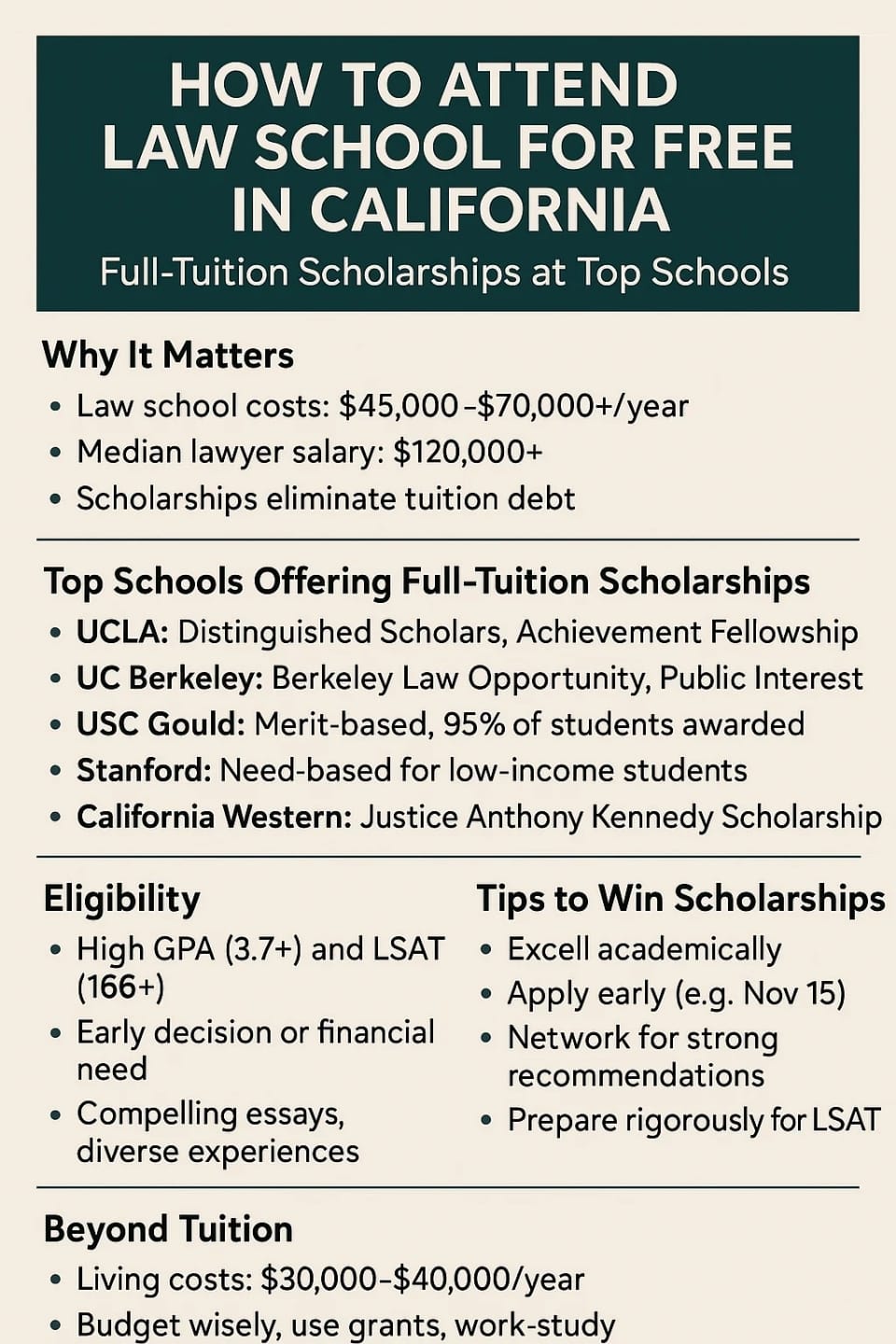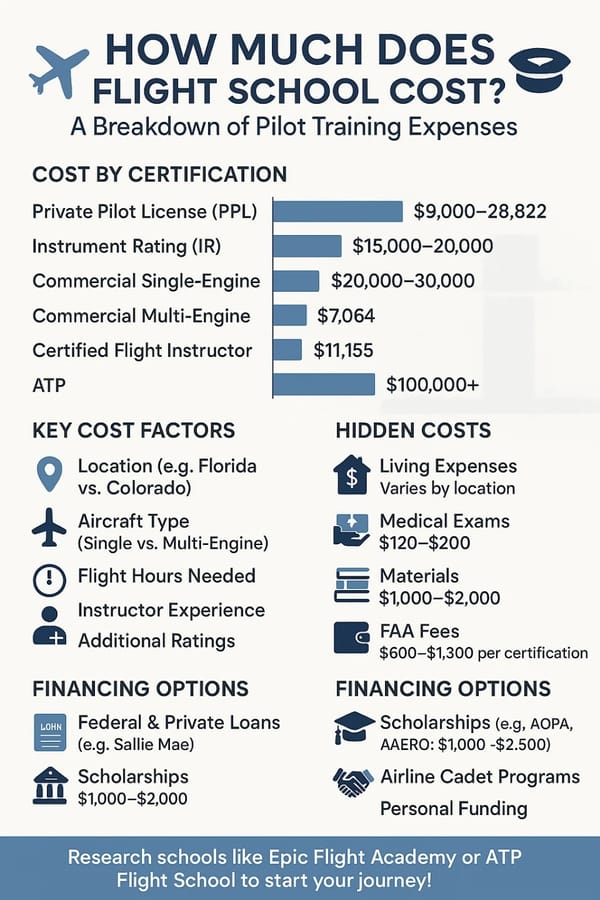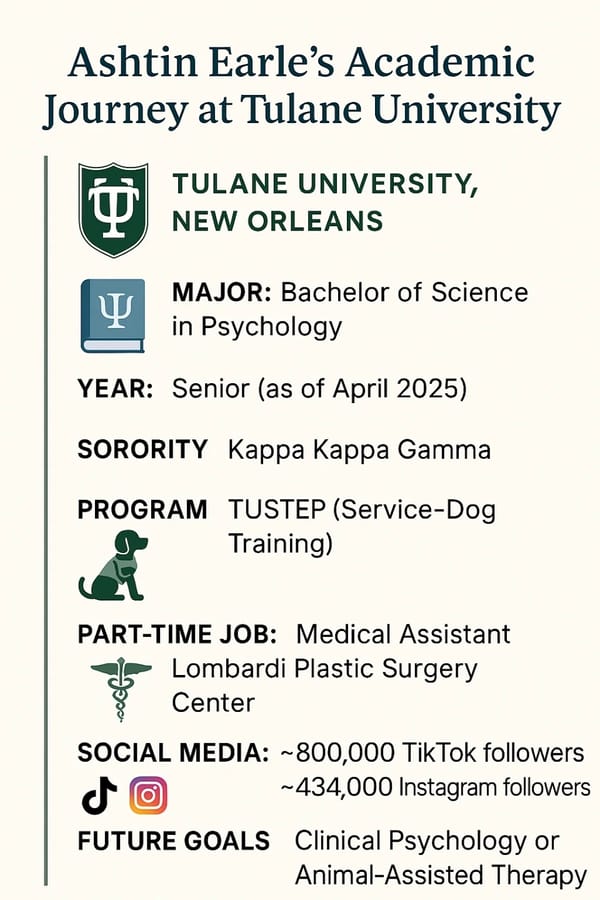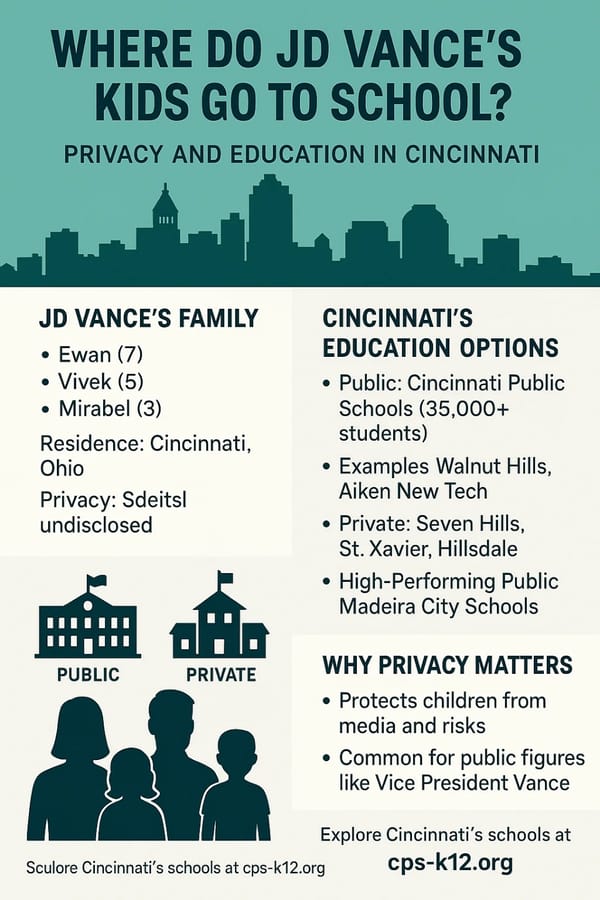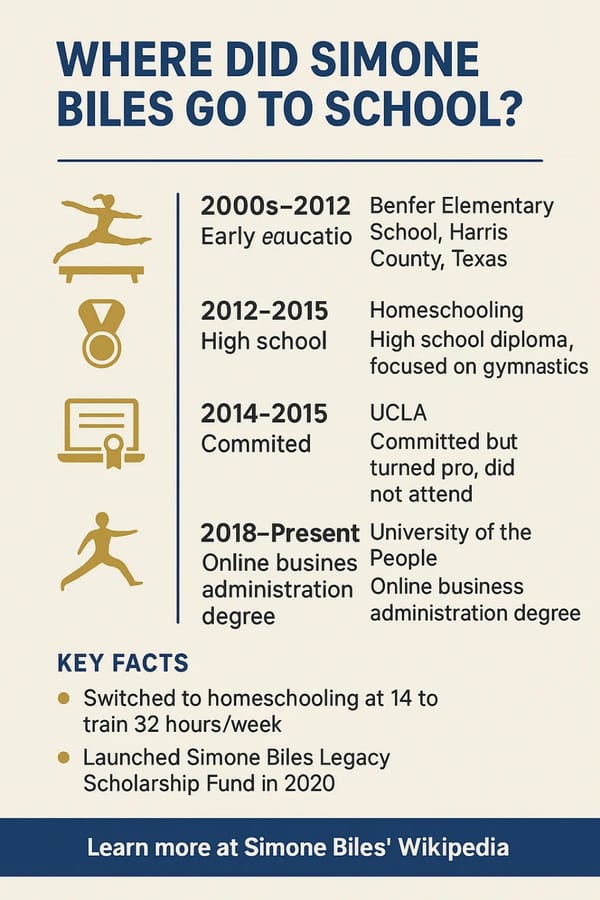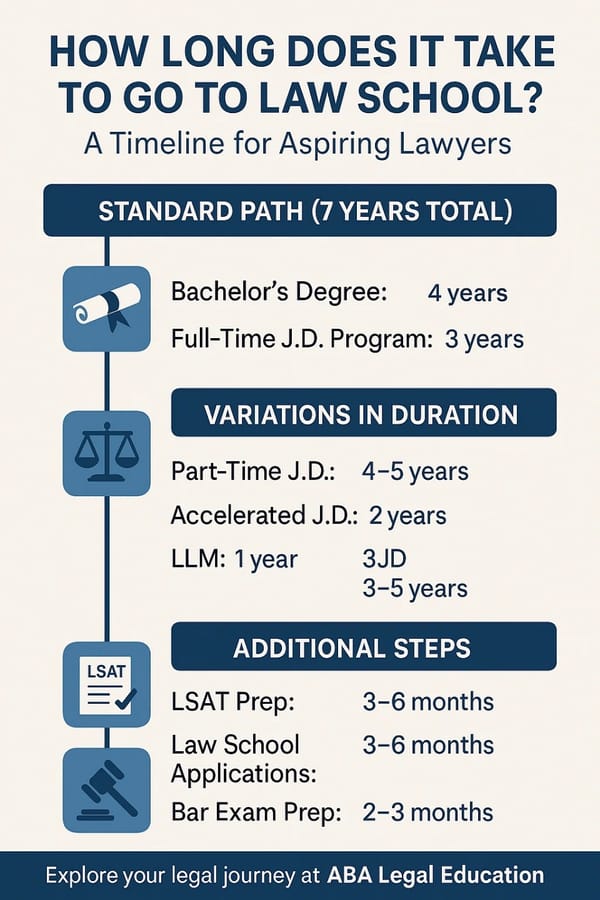Can I Go to Law School for Free in California? A Comprehensive Guide
Envision entering the legal profession without facing overwhelming student loan debt. When legal education costs in California surpass $70,000 annually tuition-free attendance appears as an incredible opportunity. But is it possible? You can attend California’s leading law schools without tuition fees by obtaining competitive full-tuition scholarships combined with strategic planning and perseverance. This article explores ways to achieve this dream by providing actionable tips from experts and a roadmap for future lawyers. High school seniors along with college students and career switchers will find this guide as their first step toward obtaining a tuition-free legal education.
Why Free Law School Matters
Law school is a significant investment. The Bureau of Labor Statistics reports that lawyers make a median yearly income above $120,000 but face substantial initial expenses. The tuition fees at public law institutions in California such as UC Berkeley range between $45,000 and $65,000 annually for resident students, whereas private universities like USC Gould charge more than $60,000 per year[1]. When you include housing, food, and books expenses in your law school budget it quickly exceeds $100,000 every year. Many students face six-figure debt levels from law school expenses until scholarships change their financial outlook. Free attendance at law school alleviates financial burdens and enables graduates to pursue careers in public interest fields without having to worry about loan repayments.
Can students really attend law school without tuition fees?
California law school students can attend without tuition fees through full-tuition scholarships. Full-tuition awards from leading institutions such as UCLA, UC Berkeley, USC, Stanford and California Western finance the complete tuition requirements throughout the J.D. program's three-year span. Intense competition exists for law school scholarships that base eligibility on academic excellence or high LSAT results and financial hardship. Although scholarships usually cover tuition costs students must still budget for living expenses because they do not cover housing and books. We'll review the possibilities and tactics to ensure success.
Full-Tuition Scholarships at California Law Schools
The state of California hosts many prestigious law schools which provide extensive scholarship programs. This section provides a detailed overview of five prestigious universities and their full-tuition scholarship programs with an accompanying comparative table to enhance understanding.
UCLA School of Law
UCLA Law offers several full-tuition scholarships, including the Distinguished Scholars Award and the Achievement Fellowship. The Distinguished Scholars Award seeks early-decision students who have exceptional academic achievements and requires them to make a binding enrollment commitment. The Achievement Fellowship provides support to students who show diversity and resilience after facing major challenges. The Graton Scholarship represents one of the programs that targets specific fields including environmental law. Applicants must have high LSAT scores and GPA along with strong essays to meet these scholarships' deadlines which start as early as November 15[2].
UC Berkeley School of Law
UC Berkeley Law provides full-tuition scholarships like the Berkeley Law Opportunity Scholarship (BLOS). First-generation students receive support through the Berkeley Law Opportunity Scholarship and public service-oriented students qualify for the Public Interest Scholarship at UC Berkeley Law. The Berkeley Law Opportunity Scholarship asks students to submit a 1-2 page essay that explains their first-generation background. Students who receive Berkeley scholarships do not need to maintain a specific GPA to renew their awards but they must demonstrate good academic standing. These programs maintain high academic standards while supporting the school's mission statement[3].
USC Gould School of Law
USC Gould offers scholarships to 95% of its new students with awards reaching full tuition for those who demonstrate exceptional merit. The USC Gould financial aid program automatically considers every applicant. Students who remain enrolled full-time will receive guaranteed scholarships for three years. Top students can receive full-tuition scholarships through awards averaging $41,000 which require exceptional LSAT performance and robust academic credentials[4].
Stanford Law School
Stanford Law provides complete tuition coverage to students whose family earnings fall under 150% of the federal poverty threshold approximately $41,625 for four-member households during 2024-2025. This need-based program, detailed in Stanford’s financial support page, ensures low-income students can attend tuition-free. While Stanford’s program supports its diversity objectives it requires participants to submit comprehensive financial records. The program covers tuition fees but students need to plan separately for their living expenses[5].
California Western School of Law
The Justice Anthony Kennedy Scholarship at California Western offers full tuition coverage for students who demonstrate exceptional academic performance and maintain at least a 3.00 GPA for renewal. Students interested in public service careers will find this program advantageous because it offers unique benefits like clerkship opportunities and mentoring. Candidates must demonstrate both exceptional academic qualifications and dedication to the institution's core principles[6].
Comparative Table of Full-Tuition Scholarships
| Law School | Scholarship Programs | Eligibility Criteria | Duration | Notes |
|---|---|---|---|---|
| UCLA School of Law | Distinguished Scholars, Achievement Fellowship, Graton, Emmett Environmental Law | High LSAT/GPA, early decision, overcoming hardships, specific interests | 3 years | Essays required, diversity focus [2:1] |
| UC Berkeley School of Law | Berkeley Law Opportunity, Public Interest, Law & Society, Builders Fellowship | First-generation, public interest, high academics | 3 years | Non-conditional, essays needed [3:1] |
| USC Gould School of Law | Merit-based up to full tuition | Automatic consideration, 95% receive, merit-based | 3 years | Average award $41,000, high LSAT/GPA [4:1] |
| Stanford Law School | Full tuition for low-income (below 150% poverty line) | Need-based, low-income students | 3 years | Covers tuition only, diversity focus [5:1] |
| California Western School of Law | Justice Anthony Kennedy Scholarship | Exceptional academics, 3.00 GPA for renewal | 3 years | Includes clerkship, mentoring [6:1] |
Students can use this table to evaluate different programs by examining eligibility requirements and benefit offerings.
Other Financial Aid Options
Full-tuition scholarships represent the highest standard of financial aid while additional types of aid serve to decrease overall expenses:
- Grants: Need-based financial support through federal and institutional sources that students do not have to repay.
- Federal Loans: When considering Stafford and PLUS loans you must carefully evaluate their interest-bearing repayment terms.
- Work-Study: The Federal Work-Study program creates part-time jobs which are perfect for students in their second and third years.
- External Scholarships: The San Diego La Raza Lawyers Association along with similar organizations offers scholarships which support specific communities through merit-based or need-based criteria[6:2].
Students who combine scholarship funds with other financial aid options can reduce the amount they need to pay themselves while scholarships continue to provide the best option for free tuition.
Strategies to Secure Full-Tuition Scholarships
Achieving a full-tuition scholarship demands strategic preparation. Use these hands-on tips to increase your chances of winning scholarships:
- Excel Academically: Target a minimum undergraduate GPA of 3.7 and an LSAT score ranking in the top percentile (166+) to stand out for top law schools. Stand-out candidates receive priority for merit-based awards at prestigious schools such as UCLA and USC.
- Craft Compelling Essays: Your scholarship essays and personal statements need to convey your distinctive narrative. Demonstrate how you overcame challenges while leading others or by serving the public interest. Berkeley’s BLOS application requires a brief essay about first-generation status.
- Apply Early: Applying through early decision programs such as UCLA’s Distinguished Scholars with its November 15 deadline increases your chances for receiving scholarships. Check each school’s deadlines carefully.
- Showcase Diverse Experiences: Your application benefits from demonstrated leadership experience in extracurricular activities or volunteer work and internships. Admissions committees value well-rounded candidates.
- Document Financial Need: Demonstrate your financial eligibility for need-based scholarships such as Stanford's by submitting transparent financial documentation.
- Leverage Networking: Reach out to both alumni and faculty members to gain valuable insights and receive powerful recommendation letters. A personalized letter can set you apart.
The Role of LSAT Preparation
Scholarship decisions heavily depend on LSAT examination results. According to general scholarship statistics[7], students who achieve an LSAT score greater than 166 significantly improve their scholarship prospects. Here’s how to prepare effectively:
- Start Early: Begin your LSAT preparation six months ahead with materials from the official LSAT sources.
- Take Practice Tests: Timed tests build stamina. Analyze mistakes to improve weak areas.
- Consider Prep Courses: Structured guidance programs such as Blueprint or Kaplan exist but disciplined self-study is also viable.
- Join Study Groups: Study groups offer peer feedback that presents fresh viewpoints on complex questions.
The investment you make in LSAT preparation can result in receiving a scholarship that pays all tuition costs.
Practical Considerations: Beyond Tuition
Full-tuition scholarships remove tuition fees but students face $30,000 to $40,000 yearly for housing and other living expenses. UC Berkeley calculates that resident students should expect annual living expenses totaling $37,228[1:1]. To manage:
- Budget Wisely: Manage your finances by living modestly and finding shared housing options or choosing more affordable living areas close to your educational institution.
- Work Part-Time: Working part-time during your later academic years helps reduce expenses without increasing loan amounts.
- Apply for Grants: Need-based grants offer financial support for expenses beyond tuition.
A hypothetical first-generation student at Berkeley, for instance, might say: “The BLOS scholarship allowed me to focus on my studies yet required careful budgeting for rent and books.”
Personal Insights: Making It Real
I lack law school experience myself but let’s look at Maria who achieved Berkeley’s BLOS as a first-generation college graduate. Maria sustained herself through part-time work while submitting an early application that featured an essay about her family's sacrifices. Her tuition scholarship enabled her to study public interest law without accumulating any debt. Through dedication and strategic planning students can achieve free law school education as demonstrated by her story.
Conclusion: Your Path to Free Law School
Students who dedicate themselves to necessary preparation can realistically achieve free law school education at California institutions. Full-tuition scholarships exist at prestigious schools such as UCLA, UC Berkeley, USC, Stanford, and California Western but they require applicants to compete against many top candidates. Achieving academic excellence and rigorous LSAT preparation combined with standout application creation can win you these awards. You need to plan for living expenses but graduating without debt changes everything.
Ready to start? Start your journey by finding scholarship deadlines and scheduling your LSAT exam while preparing initial drafts of your application essays. Feel free to ask questions or share your success story in the comments. We encourage you to leave a comment so we can learn about your journey towards your legal aspirations!
UC Berkeley Law, Tuition & Fees ↩︎ ↩︎
UCLA Law, Full-Tuition Programs ↩︎ ↩︎
UC Berkeley Law, Scholarships ↩︎ ↩︎
USC Gould, Tuition & Financial Aid ↩︎ ↩︎
Stanford Law, JD Financial Support ↩︎ ↩︎
California Western, Scholarships ↩︎ ↩︎ ↩︎
Blueprint Prep, Law Schools With Full-Ride Scholarships ↩︎
